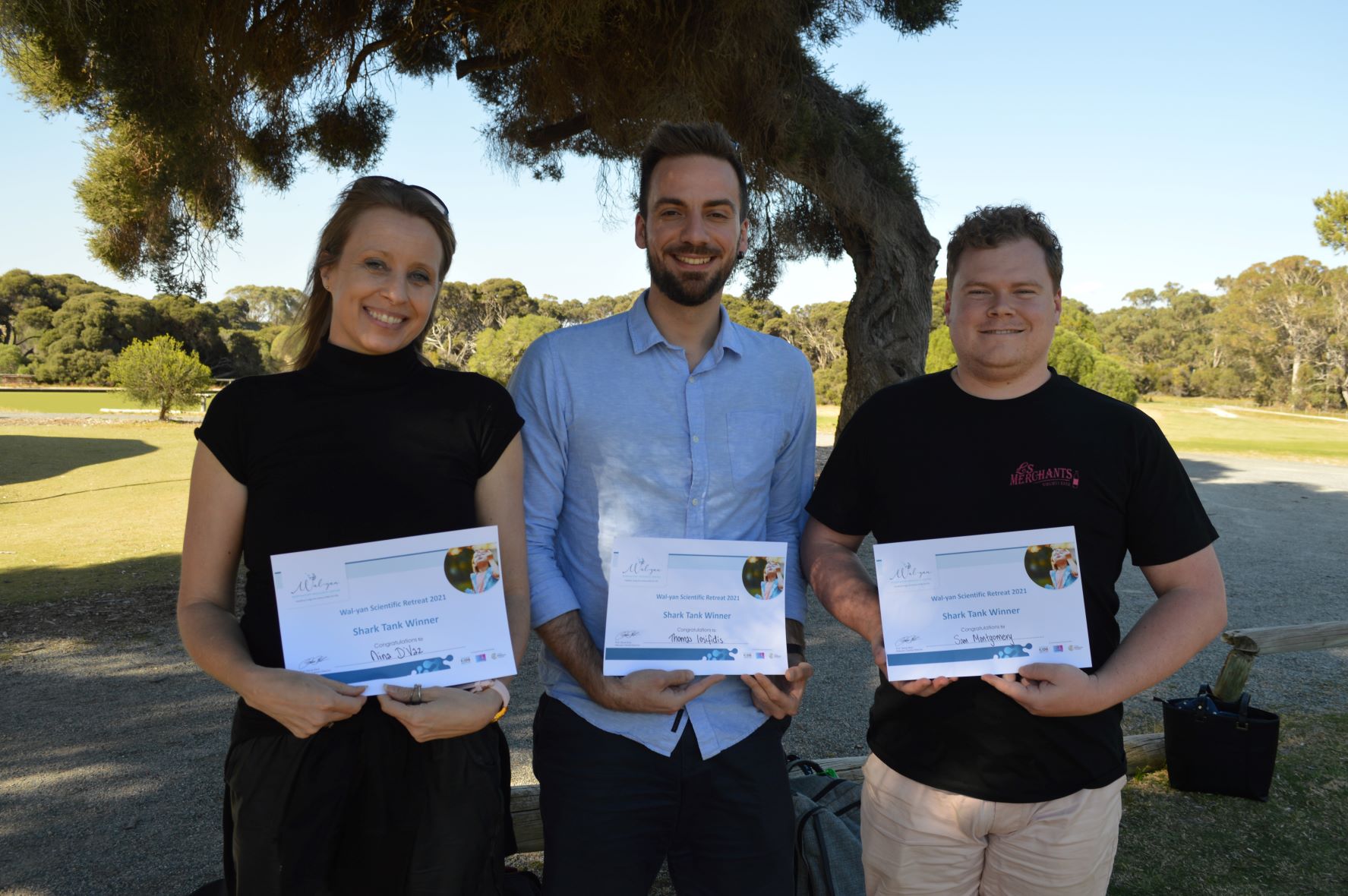Search

Research
Core Competencies and Reporting Guidelines for Co-research with Adolescents (The C3 Study)The C3 Study is an exploration into best practice around co-research with youth consumers being led by the Adolescent Health and Wellbeing Team at The Kids Research Institute Australia, who are based in Adelaide.
Research
Development of methods to rapidly track pathogen and antibiotic resistance profiles from skin sores in Northern Australia (Hot North)Indigenous Australian children suffer the highest rates of impetigo (skin sores) in the world, which can result in serious immune complications including chronic kidney and possibly rheumatic heart disease.
Research
Development of molecular tools for accurate diagnosis and disease surveillance (including vaccine impact)Janessa Lea-Ann Peter Ruth Pickering Kirkham Richmond Thornton BSc PhD PhD MBBS MRCP(UK) FRACP PhD Senior Research Fellow (currently HOT NORTH Early
Get in touch with ORIGINS via email, phone or find us at one of our two locations

Developmental Origins of Health and Disease
See the latest ORIGINS news.

News & Events
The First 1,000 DaysThis article explores how to support a child's physical and mental health during critical developmental periods, known as the first 1,000 days of life.

News & Events
New Funding Supports ORIGINS’ Expansion into Early Childhood ResearchThe ORIGINS Project has been named as a key beneficiary of the Stan Perron Charitable Foundation Research People & Platform round for 2023.

News & Events
ORIGINS Enters the Shark TankORIGINS Biobank Manager wins a Shark Tank pitch at Scientific Retreat
